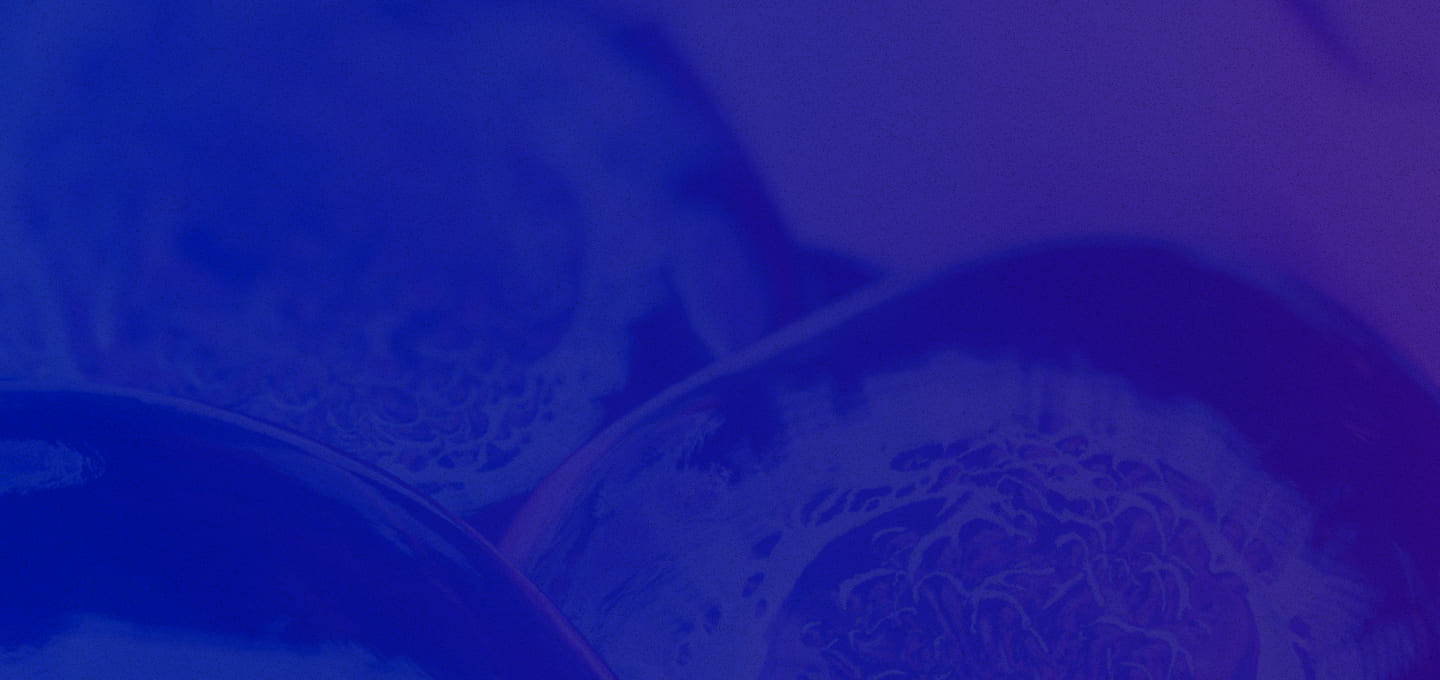Page 3 - Scientific Library
Two new enzymes available to replace TAP
We have been closely following the interesting case of the discontinuation of tobacco acid pyrophosphatase (TAP) and the efforts of the world's RNA biologists to find a suitable alternative. Our previous
Blood Urea Nitrogen (BUN) assays - no ammonia interference!
The determination of serum blood urea nitrogen (BUN) is currently the most widely used screening test for the evaluation of kidney function. The test is frequently run along with the serum creatinine test,
A new fast and sensitive PGE2 Immunoassay kit
PGE2 is a potent lipid mediator involved in maintaining homeostasis but also in the promotion of acute inflammation or immune
Th17 cell-related Multiplex immunoassays
Classically, it was known that CD4+ T cells, upon activation and expansion, develop into different T helper cell subsets with different cytokine profiles and distinct effector functions to effect the
Cancer and immune cells crosstalk: immunoediting
Immunoediting of cytokine signals provides another area of pathways which tumours utilise to evade and potentially escape from immunological targeting. This post aims at shedding some light into the
Histone Deacetylases (HDACs) and Alzheimer
In a recent post, I concentrated on the role of HDACs in cancer: Histone Deacetylases (HDACs) and Cancer and mentioned that some HDACs are overexpressed and show very high activities in a number of tumours.
Deubiquitylating enzymes (DUBs) as pharmaceutical targets
While it is likely that all Ubiquitin-Like proteins (UBLs) will be important for drug discovery because of these associations, Ubiquitin has been the most completely validated for this purpose by genetic,
IQF substrates for true isopeptidase/deubiquitinase activity measurement
Deubiquitylating enzymes (DUBs) are promising therapeutical targets, especially in oncology (see my previous post dedicated to this topic). Today, I'd like to introduce you to new innovative
Antibody purification troubleshooting tips
Antibody-based techniques are widely used in Life Science laboratories. Antibody purification is often required to raise purity yield of antibody production batches or to reach publication-grade

